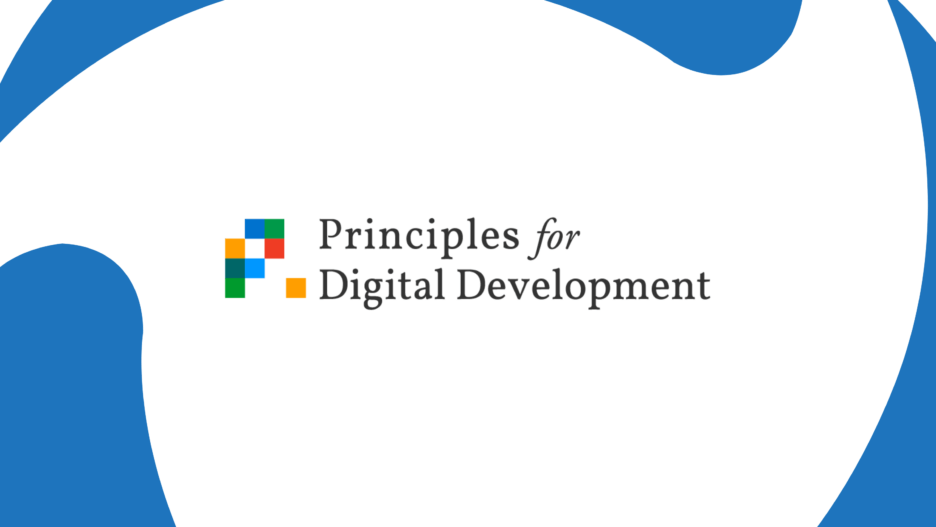Applying the principles for digital development in social protection
This event took place on May 11, 2022. You can watch the recording and download the presentation below.

The original recording is available in English.
Overview:
Information and Communication Technologies (ICTs) are driving a major shift in how social protection systems and programmes are designed and delivered. While the potential of digitalized social protection systems in immense in terms of enhancing inclusion and efficiency, the risks of inappropriate design and implementation, especially to the most vulnerable, cannot be ignored. The key risks include lack of administrative capacity, weak infrastructure, data- and technology-driven exclusion, poor data protection and privacy, among others. These risks are further amplified for the most vulnerable and marginalized groups such as women, children, persons with disability, ethnically discriminated groups, etc.
Several cross-sectoral initiatives have sought to address such risks by a creating shared understanding of “standards” or “good practices” to ensure that use of digital technologies is inclusive, secure and purpose-driven. The Principles for Digital Development already provide a solid benchmark for what constitutes good digital development, with a rich legacy of over 280 endorsing organizations worldwide. Building upon this, the Digital Convergence Initiative (DCI) in collaboration with the Digital Social Protection Working Group of the Social Protection Inter-Agency Cooperation Board (SPIAC-B) would like to convene country-level practitioners and experts to explore what these principles mean in practice in the social protection sector.
Organized as a highly interactive event, this online workshop will brainstorm over a subset of the Principles to identify: (i) key actions to implement the Principles, (ii) challenges and trade-offs involved at the country-level, (iii) risks of inaction, and (iii) practical strategies to counter challenges particularly in low- and middle-income country settings.
Speakers
- Charlie Goldsmith – Senior Technical Adviser, CGA TECHNOLOGIES
- Julian Koschorke – Social Protection Specialist, World Bank
- Madhumitha Hebbar – Independent Consultant
- Saurav Bhattarai – Advisor, openIMIS Initiative, GIZ
- Rodrigo Assumpção – Social Protection Management Information Systems Expert – ILO
- Thomas Gabrielle – Senior Information Systems Advisor
- Veronika Wodsak – Social Protection Policy Specialist, ILO
- Sengchheang Chhun – Digital Transformation Advisor, Support to the Identification of Poor Households Programme, GIZ Cambodia
- Richard Chirchir – Principal Management Information System Specialist, Development Pathways
- Abd Al Rahman Faour – social protection officer, UNICEF Lebanon country office, Business analyst, UNICEF HOPE